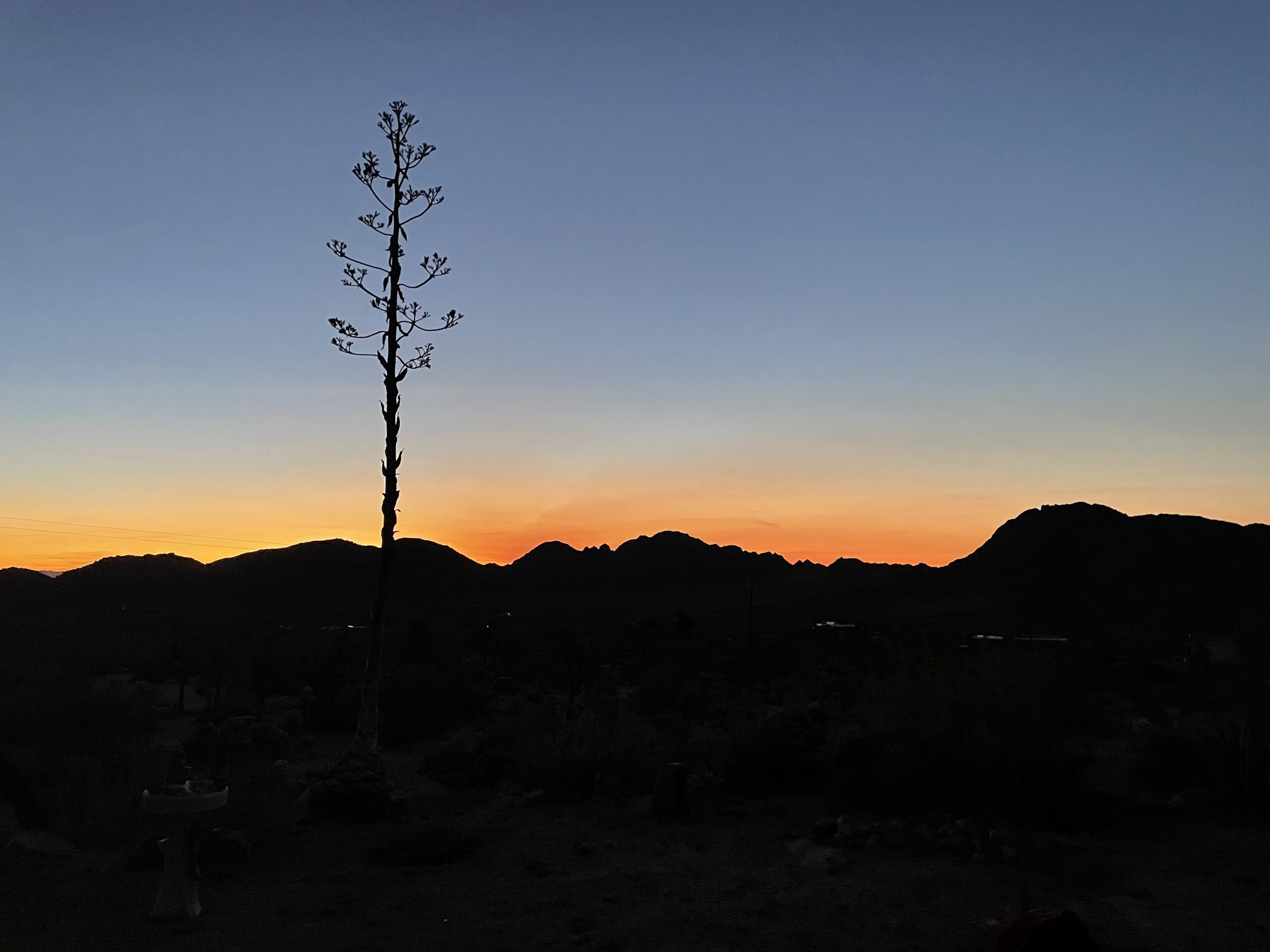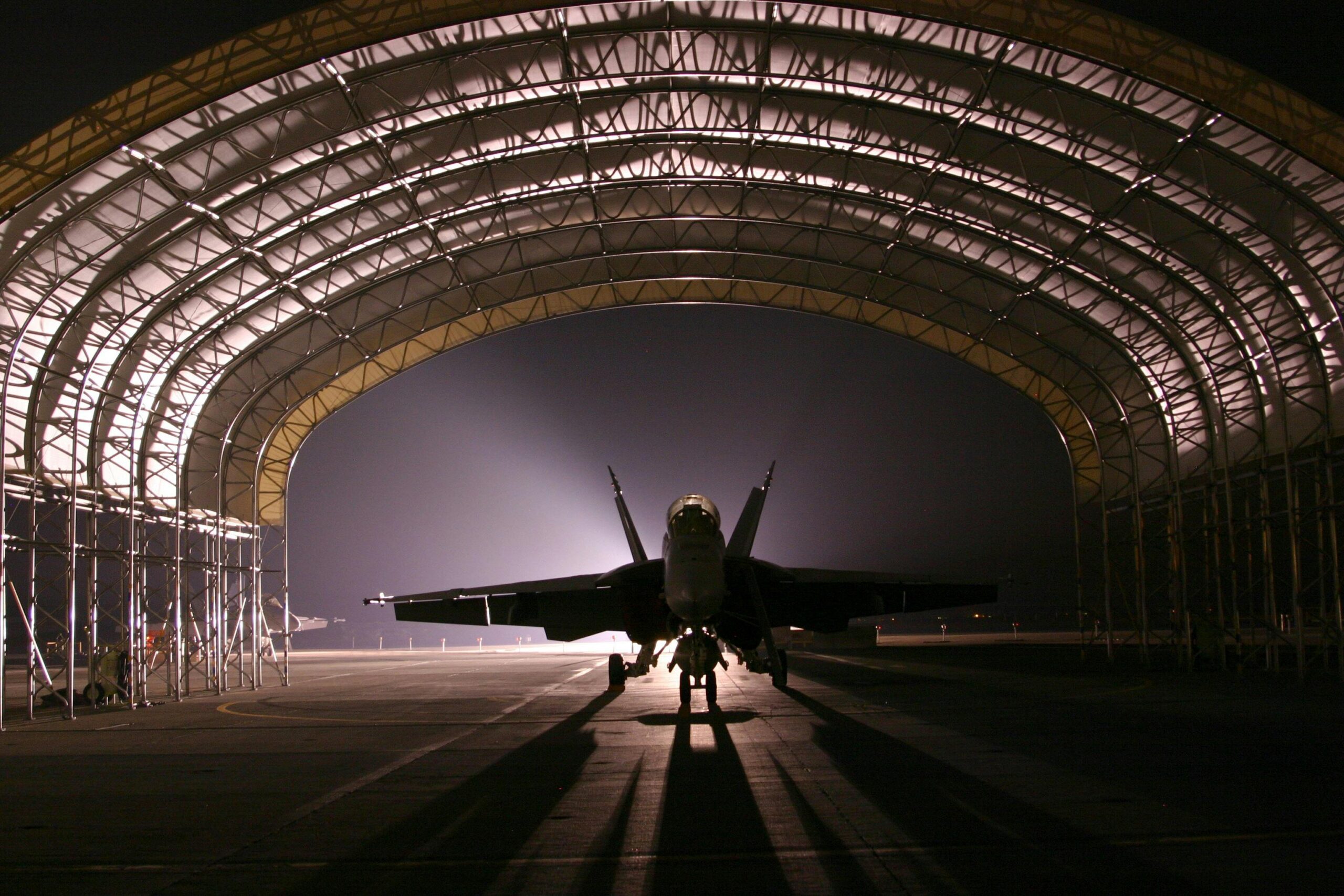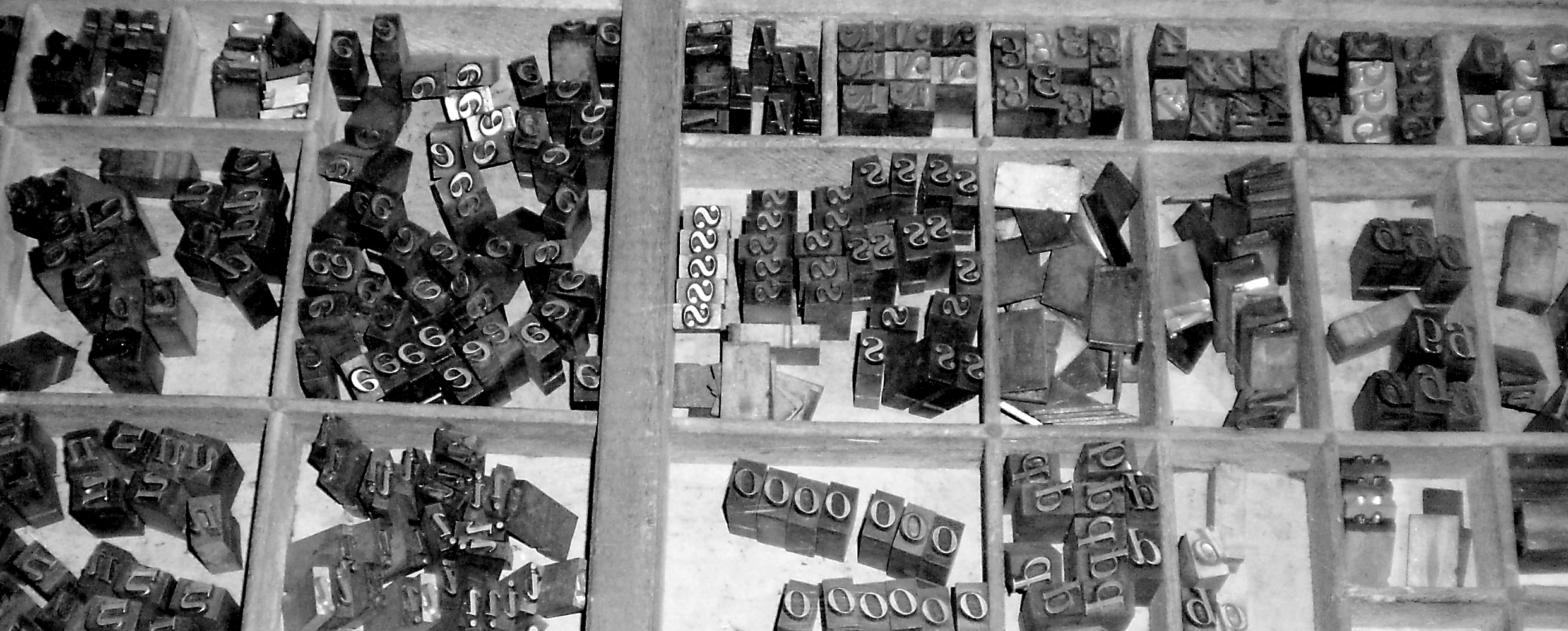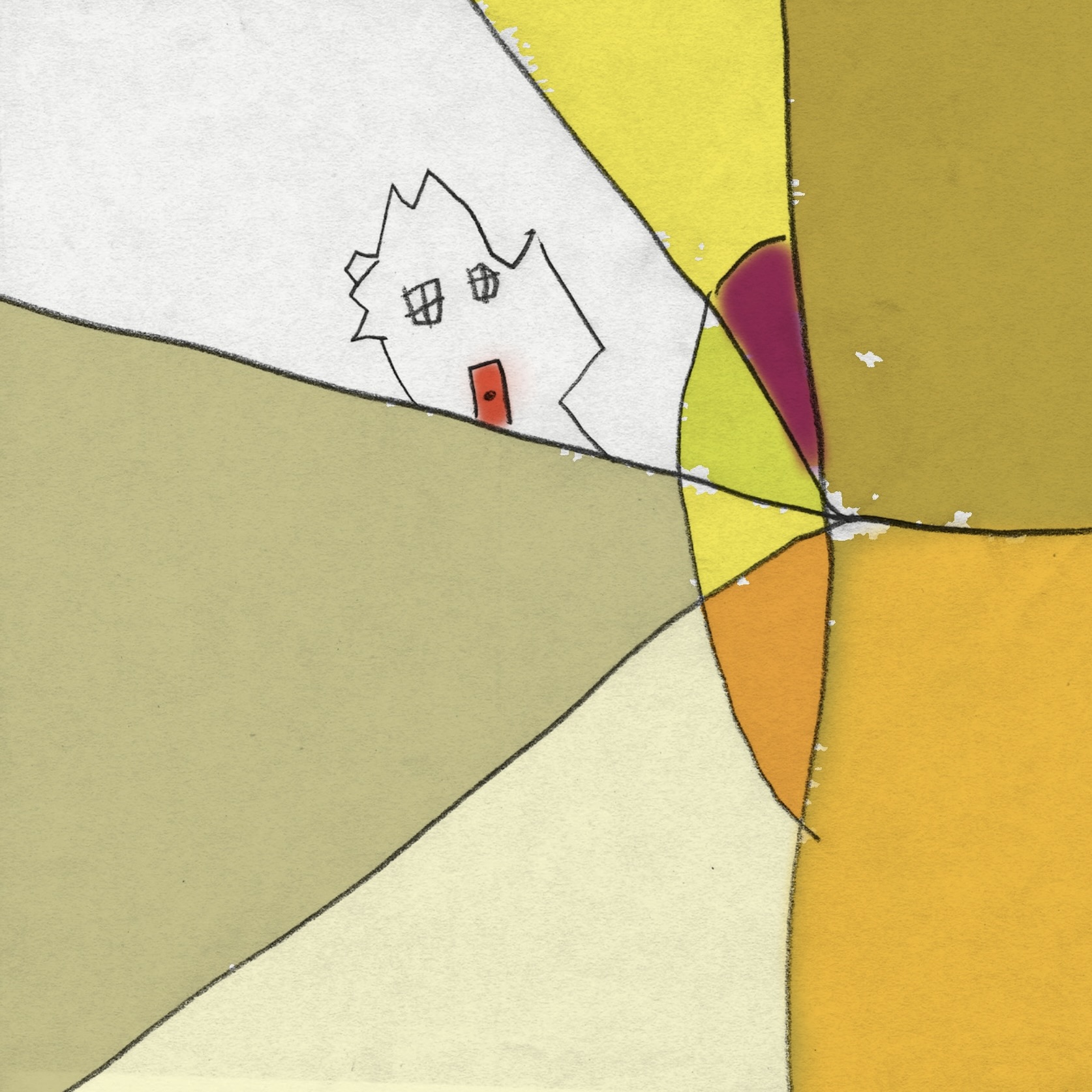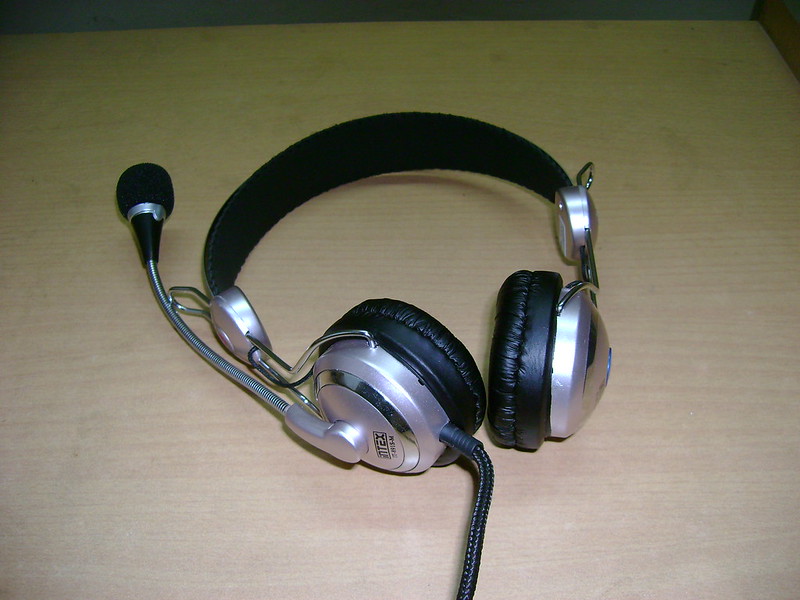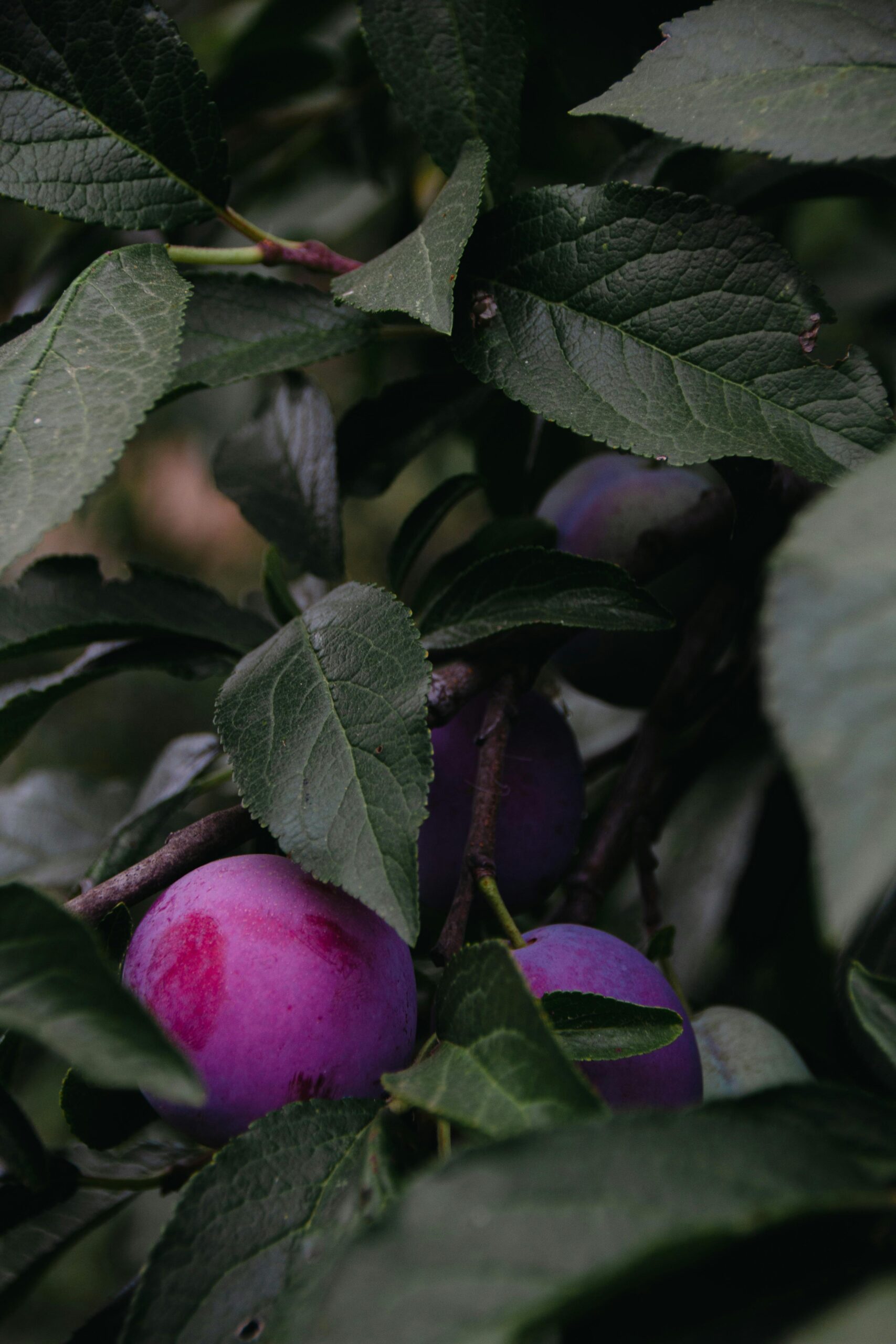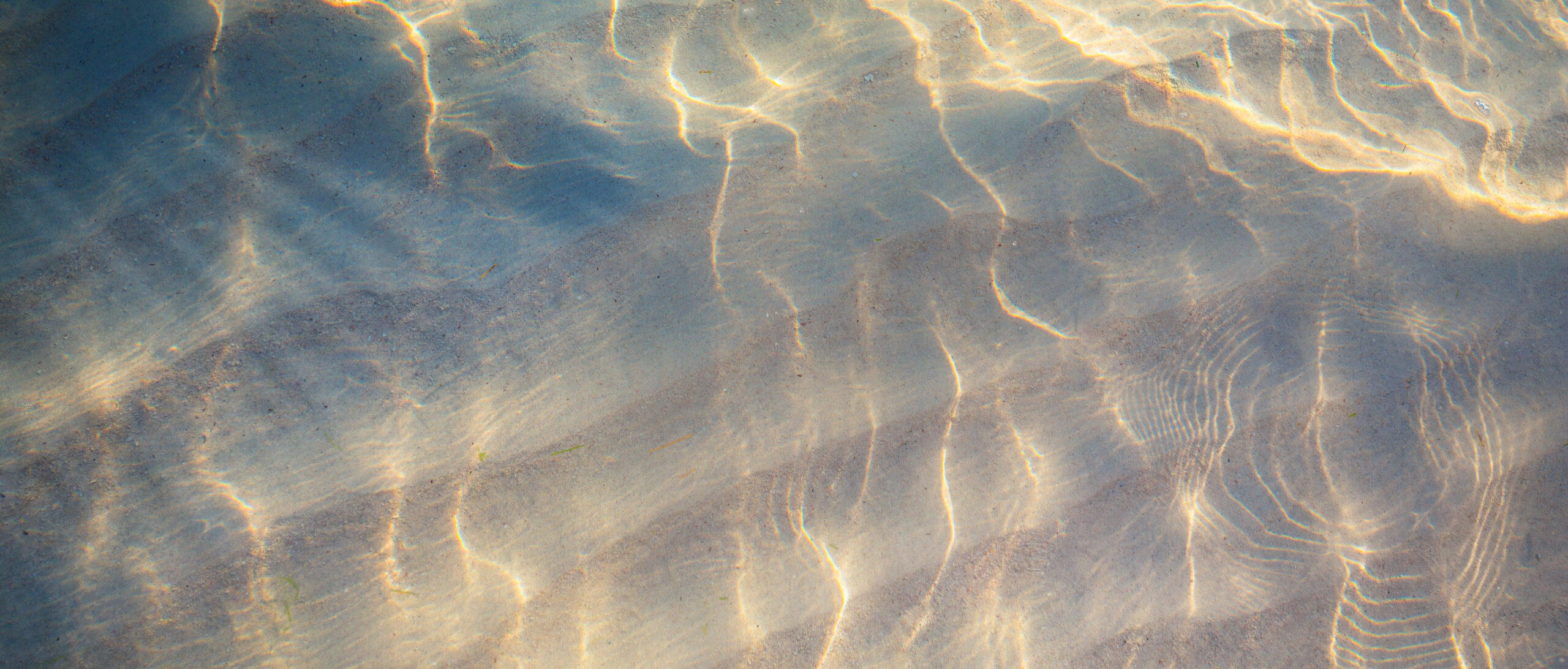The fox knows many things, but the hedgehog
knows one big thing.
—Archilochus, 680–645 BCE
Well, Archilochus, I guess your lyre
might help me mock, and maybe mourn, this loss—
today I broke the frosted Elvis glass
I bought at Graceland when the symposium
of poets toured the mansion.


